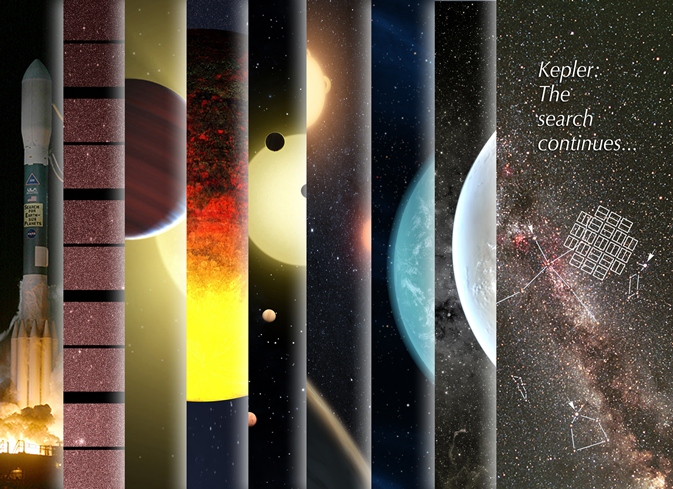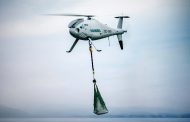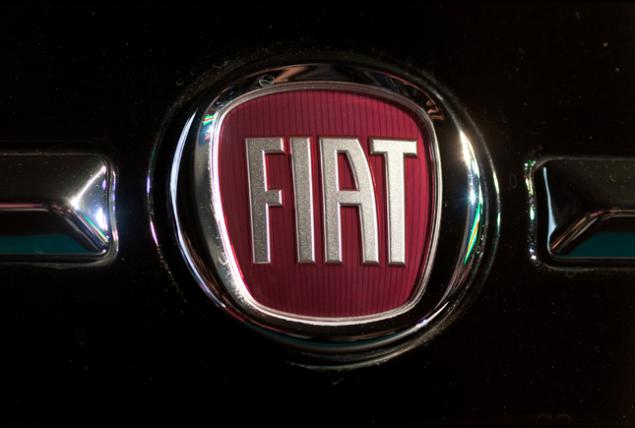At our semi-weekly contact on Tuesday, May 14, 2013, we found the Kepler spacecraft once again in safe mode. As was the case earlier this month, this was a Thruster-Controlled Safe Mode. The root cause is not yet known, however the proximate cause appears to be an attitude error. The spacecraft was oriented with the solar panels facing the sun, slowly spinning about the sun-line. The communication link comes and goes as the spacecraft spins.
We attempted to return to reaction wheel control as the spacecraft rotated into communication, and commanded a stop rotation. Initially, it appeared that all three wheels responded and that rotation had been successfully stopped, but reaction wheel 4 remained at full torque while the spin rate dropped to zero. This is a clear indication that there has been an internal failure within the reaction wheel, likely a structural failure of the wheel bearing. The spacecraft was then transitioned back to Thruster-Controlled Safe Mode.
An Anomaly Review Board concurred that the data appear to unambiguously indicate a wheel 4 failure, and that the team’s priority is to complete preparations to enter Point Rest State. Point Rest State is a loosely-pointed, thruster-controlled state that minimizes fuels usage while providing a continuous X-band communication downlink. The software to execute that state was loaded to the spacecraft last week, and last night the team completed the upload of the parameters the software will use.
The spacecraft is stable and safe, if still burning fuel. Our fuel budget is sufficient that we can take due caution while we finish our planning. In its current mode, our fuel will last for several months. Point Rest State would extend that period to years.
We have requested and received additional NASA Deep Space Network communication coverage, and this morning the Anomaly Review Board approved the transition to Point Rest State later today. Because this is a new operating mode of the spacecraft, the team will closely monitor the spacecraft, but no other immediate actions are planned. We will take the next several days and weeks to assess our options and develop new command products. These options are likely to include steps to attempt to recover wheel functionality and to investigate the utility of a hybrid mode, using both wheels and thrusters.
With the failure of a second reaction wheel, it’s unlikely that the spacecraft will be able to return to the high pointing accuracy that enables its high-precision photometry. However, no decision has been made to end data collection.
Kepler had successfully completed its primary three-and-a-half year mission and entered an extended mission phase in November 2012.
Even if data collection were to end, the mission has substantial quantities of data on the ground yet to be fully analyzed, and the string of scientific discoveries is expected to continue for years to come.
Updates will be provided as information is available.
Regards,
The Kepler Team
Note: On Wednesday, May 15, 2013, NASA hosted a news teleconference to discuss the status of the spacecraft.
@rrajowan





































